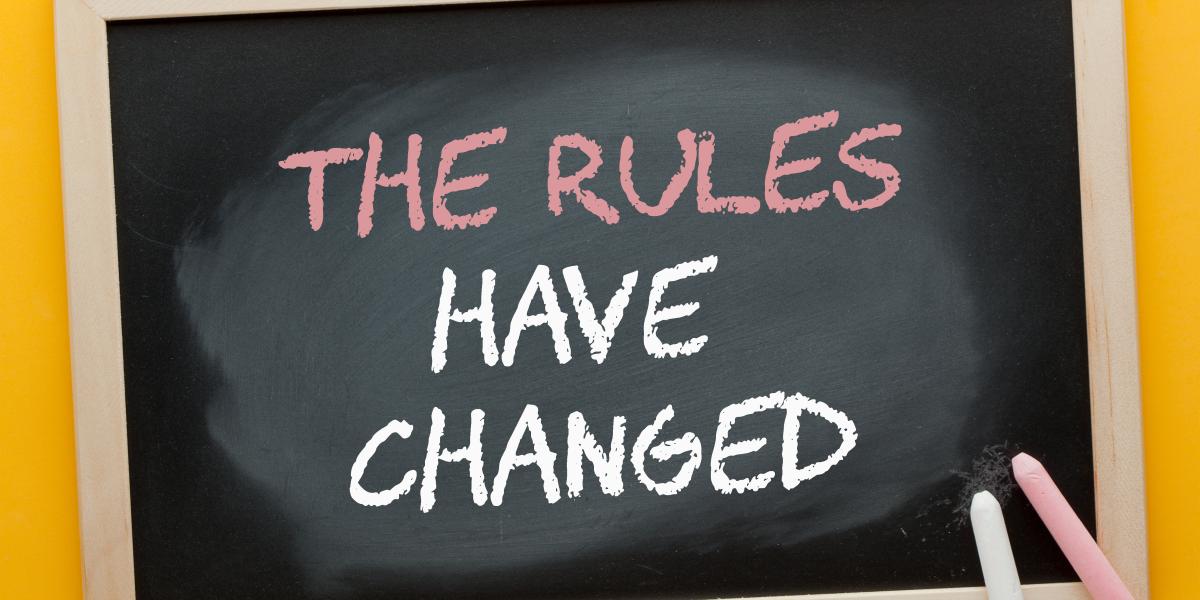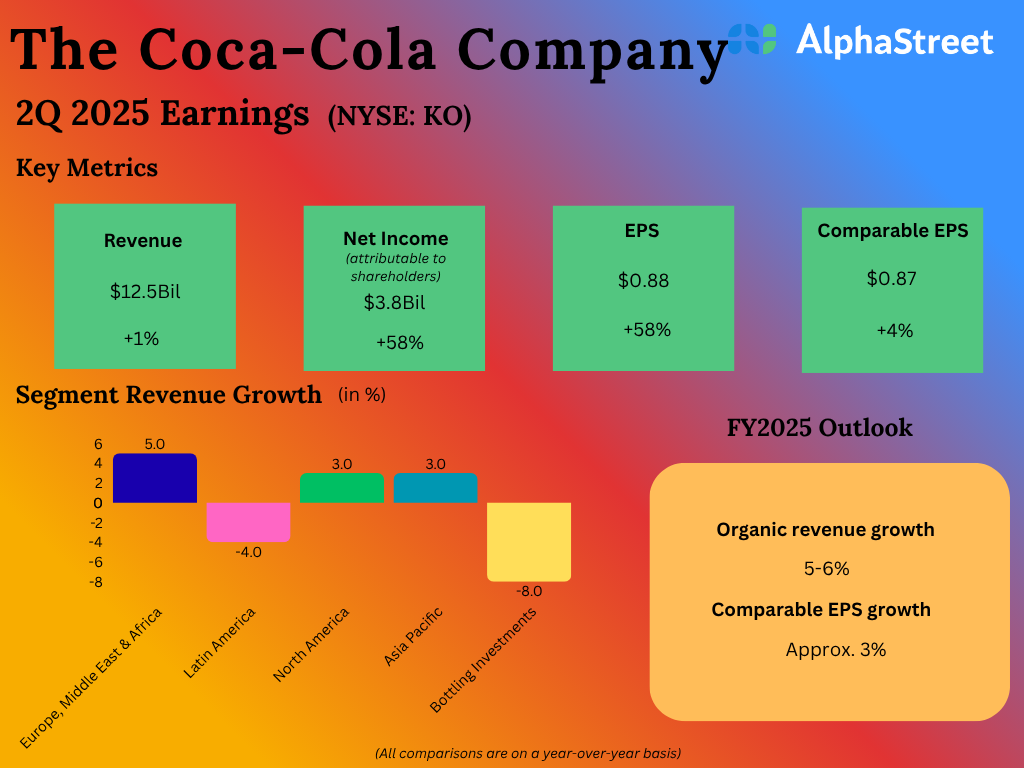How many startups with female founders are getting funding?
I often mention that I’ve invested in 100 startups. A reader (thanks Lily York) recently challenged me — how many of those investments were in startups with female founders?
That’s an important question, and I didn’t have a ready answer. So I went back and compiled the data. Which answered a few questions, but raised important new ones.
The Investments
Since I started angel investing in 2010, I’ve made 50 investments in 37 startups. (I invested in multiple rounds of some startups.)
In addition, I’ve been part of 5 angel group funds that pooled our money to invest in 10–25 startups each, bringing the total to well over 100 startups.
However, for my analysis of female founders in my portfolio, I only looked at the 37 startups I invested in directly. I made those decisions alone. And because I know those founders personally, it was easier to compile the data.
Of my 37 investments, here’s how many had female founders:
- Female-only founders: 16.2%
- Female CEO: 24.3%
- Female co-founder: 29.7%
Not bad, not great.
Digging into the data, I found something interesting. My first round of angel investing ran from 2010 to 2013. Then I stopped investing until 2018 when I exited my own startup and had more time and money to invest again.
Comparing the two sets of investments, the later cohort had significantly more female founders.
Of the 27 investments from 2018, here’s how many had female founders:
- Female-only founders: 22.2%
- Female CEO: 25.9%
- Female co-founder: 37.0%
Slicing the data further, of the 17 investments made since 2020:
- Female-only founders: 23.5%
- Female CEO: 29.4%
- Female co-founder: 41.2%
With this small dataset, it’s impossible to say whether the increase in female founders between 2018 and 2020 is a real trend or just noise in the data. But I’m confident the increase between 2010–2013 and 2018–2023 is more than a statistical fluke.
But how does that compare to the rest of the venture ecosystem?
Pitchbook Data
I had little expectation that my investments in female founders was unusual. I do not invest specifically in female founders. I look for the best startups I can find regardless of gender.
Further, my investment focus is hardtech, specifically chemical and material advances for energy sustainability, fields that have historically been male-dominated.
With all the programs to support female founders and funds focused on investing in women-led startups, I expected my own ratios to be on the low side. So I was surprised when I found the most recent PitchBook data.
PitchBook reports that in 2022, women-only founders received only 2.1% of total venture capital investment.
This headline number is pitiful. But it needs some digging into.
First, while only 2.1% of venture capital dollars went to startups with women-only founders, startups with mixed male and female co-founders accounted for 18.5% of investment. Put them together and 20.6% of venture dollars went into startups with at least one female co-founder.
Second, in terms of dollars invested, the vast majority goes into later-stage startups that can hardly be called startups any longer. A $2B strategic purchase of equity in Epic Games by Sony and Lego, or Elon’s buddies throwing a few extra billion into SpaceX is a different world from angels investing $500K in a fresh startup.
To compare apples to apples, I’d like to see data on investment in pre-seed/seed round, but I’m too cheap to pay for granular access to the Pitchbook data. At least looking at deal count rather than dollars invested avoids the few big late-stage investments overwhelming the rest of the data.
By deal count instead of dollars, the news is better, though not as good as it should be.
- 6.8% of startups receiving venture investment in 2022 had female-only founders
- 19.6% had mixed female and male co-founders
In total, 26.4% of startups that received venture investment in 2022 had at least one female founder.
While still unsatisfactory, at least this is nearly double from 13.4% in 2010 when I started angel investing. And I assumed not far from my own investments at 41% if we looked only at pre-seed/seed stage deals. (Though that does open the critical question of why the ratio of female founders decreases with deal stage.)
But then I looked at the ratios for Y-Combinator’s most recent cohort. I expected the founders in their program to be close to 50/50. Instead, only 15% of the startups in the cohort had a woman founder. Only 9% of the founders were female. Hmm. The situation is worse than I thought.
We may be making progress, but we’ve still got a long, long way to go.






































